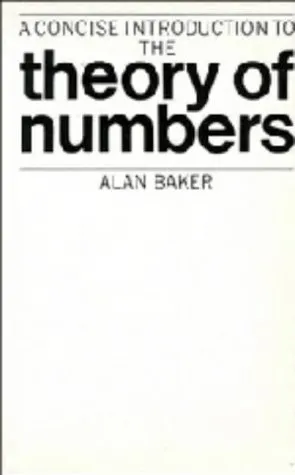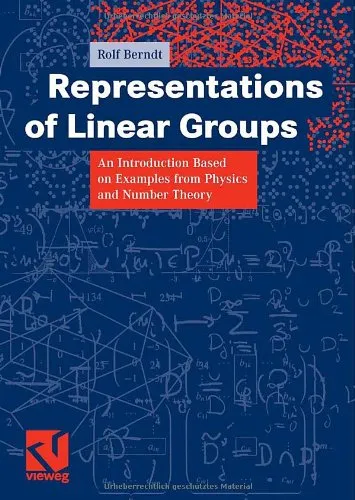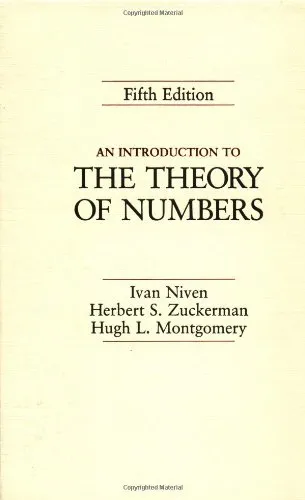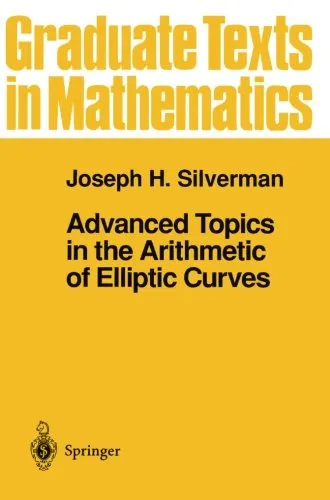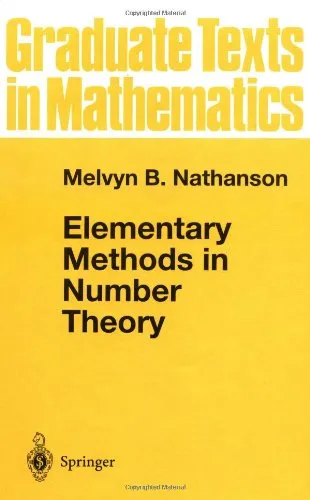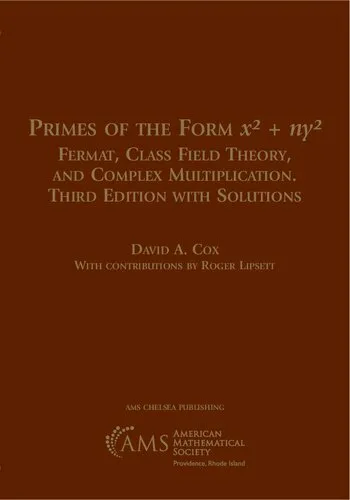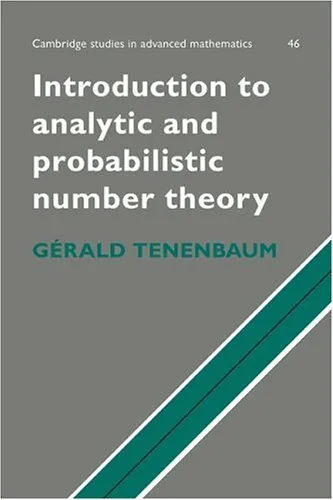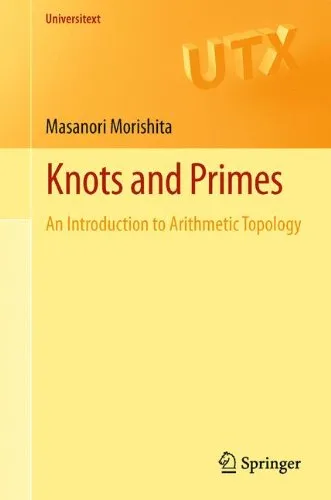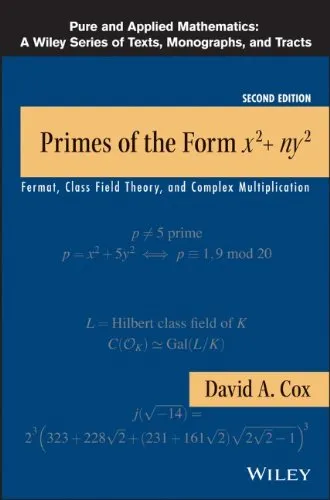A Concise Introduction to the Theory of Numbers
4.6
Reviews from our users

You Can Ask your questions from this book's AI after Login
Each download or ask from book AI costs 2 points. To earn more free points, please visit the Points Guide Page and complete some valuable actions.Related Refrences:
Introduction to "A Concise Introduction to the Theory of Numbers"
"A Concise Introduction to the Theory of Numbers" is a pivotal work designed to provide readers with a clear, systematic, and accessible entry point into the fascinating field of number theory. Written by Alan Baker, this book captures the essential concepts, key principles, and noteworthy theorems required to begin a meaningful journey through this foundational area of mathematics. The concise format and focused content ensure it serves the dual purpose of being an excellent reference for students and a refresher for individuals already well-acquainted with number theory.
The theory of numbers, also known as arithmetic or higher arithmetic, serves as a cornerstone of mathematics. It unravels the intricate properties of integers, primes, congruences, and quadratic forms, amongst other topics, which are not only academically fascinating but also hold great applicability in various modern fields, like cryptography and computational mathematics. Through this book, Alan Baker masterfully simplifies complex concepts while preserving mathematical rigor, ensuring that readers of various skill levels can follow along.
Detailed Summary of the Book
"A Concise Introduction to the Theory of Numbers" begins by laying a strong foundation through the basic properties and operations of integers, such as divisibility, the Euclidean algorithm, and the fundamental theorem of arithmetic. From there, the book progresses to explore prime numbers in depth, discussing distributions, primality testing, and related theorems. Concepts like congruences and modular arithmetic form the central backbone, equipping readers to understand cyclic groups and their applications.
Building upon these elementary concepts, the author introduces more advanced topics, such as quadratic residues and the law of quadratic reciprocity, which are explained with admirable clarity. Further sections delve into Diophantine equations, approximations, and transcendental numbers, making the book comprehensive yet approachable. For readers interested in contemporary applications, the importance of these principles in cryptography and security systems is hinted at, broadening its appeal.
Each chapter in the book is impeccably structured, with problems and exercises designed to test comprehension and encourage deeper exploration. Readers find a carefully orchestrated balance of theoretical exposition and practical problem-solving, making it a practical guide for both individual learning and academic coursework.
Key Takeaways
- Understand the fundamental concepts of number theory, including divisibility, prime numbers, and congruences.
- Learn the practical techniques for solving Diophantine equations and working with modular arithmetic.
- Gain insight into advanced topics, such as quadratic reciprocity and transcendental number theory.
- Appreciate the historical and contemporary relevance of number theory, particularly its applications in cryptography.
- Develop problem-solving skills through carefully curated exercises and proofs.
Famous Quotes from the Book
"In mathematics, the appeal of an elegant proof or a succinct theorem often rivals the sense of wonder found in nature or art."
"Number theory, while rooted in the mundane integers, possesses an enigmatic beauty that continues to intrigue mathematicians and non-mathematicians alike."
Why "A Concise Introduction to the Theory of Numbers" Matters
This book goes beyond being an instructional text; it serves as an invitation to explore the profound and often mysterious properties of numbers. Number theory has played a crucial role in shaping mathematics and computer science as we know them today, especially in fields like cryptography, algorithm design, and error detection systems. This makes the book relevant not only to academic mathematicians but also to professionals working in modern technology sectors.
Alan Baker’s expertise as both a seasoned mathematician and an outstanding educator shines through this concise masterpiece. The book’s significance lies in its ability to make the subject accessible without losing its intellectual depth. Whether you're a beginner or a seasoned mathematician, this book reinforces the timeless beauty and utility of number theory.
Free Direct Download
You Can Download this book after Login
Accessing books through legal platforms and public libraries not only supports the rights of authors and publishers but also contributes to the sustainability of reading culture. Before downloading, please take a moment to consider these options.
Find this book on other platforms:
WorldCat helps you find books in libraries worldwide.
See ratings, reviews, and discussions on Goodreads.
Find and buy rare or used books on AbeBooks.
1551
بازدید4.6
امتیاز0
نظر98%
رضایتReviews:
4.6
Based on 0 users review
Questions & Answers
Ask questions about this book or help others by answering
No questions yet. Be the first to ask!
